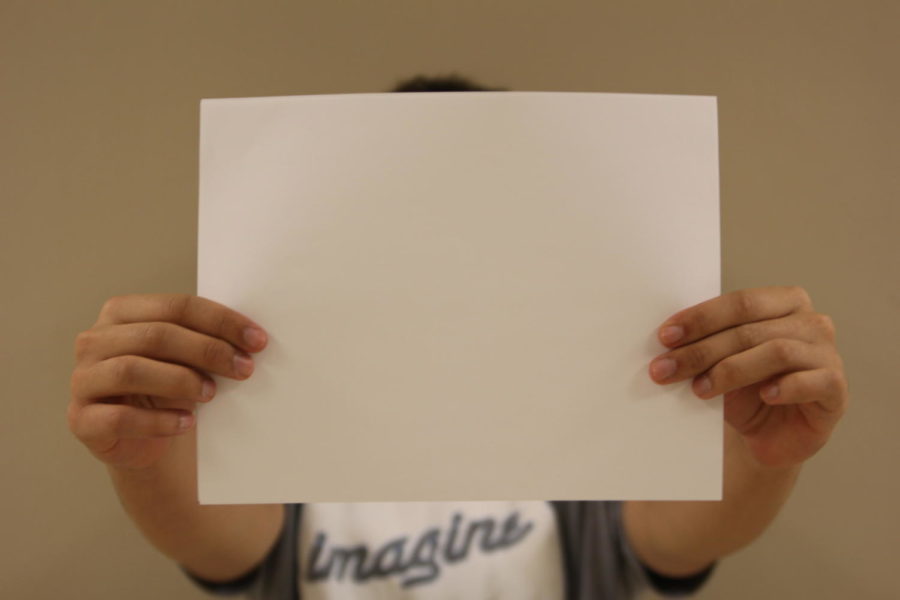A blank sheet of paper
This piece of paper is a masterpiece. You just need to look at it from a different perspective.
May 2, 2019
American painter Robert Ryman sold his painting “Bridge” at a Christie’s auction in 2015. It was painted in 1980 and fetched a whopping $20.6 million. The only catch is: it’s basically a white canvas.
Born in 1930, Ryman was one of the most well-recognized founders of the movement in minimalist art. Minimalism was started post World War II in New York City when all-black paintings such as “Die Fahne Hoch!” and “Zambezi” were featured at the Museum of Modern Art. The concept flourished in the ‘60s and ‘70s but is still prevalent in museums today. Coming after a period of time where pop art and surrealism were very much the trend in the craft, minimalism featured very simple paintings with geometry as the main focus.
The main purpose and theme that artists have conveyed through these forms of artistry is how interpretation should be left up to the audience. They wanted to distance themselves from a tradition of how the painter is the one in control of what is seen and tip the scale in favor of the one on the other side of the canvas. Minimalist artist Frank Stella was famously quoted as saying “What you see is what you see.”
There are definitely multiple famous pieces during that specific era of art that are very impressive and communicate a profound message. At the same time though, I feel like I’m not the only one when I say ”what am I supposed to get out of a white on white painting?”
Perspectives are critical to life. They impact how we view everything in our lives. However, there is also something to be said about how we will face facts that cannot be overcome by being looked at from a different angle. We must, at some point, recognize that there are times where we aren’t going to see anything more than, say, a white canvas.
That being said, it doesn’t mean that there aren’t times where looking at something from another angle can help us through a tough time, but facts are facts. When we begin giving little justifications to make us feel better about not doing something, it eventually digs us into holes we won’t easily get out of. Excuses cannot always be accepted, and sometimes, we need to recognize that we didn’t put in the work, and now we have to face the consequences. It might not always look the best, and yes, the results might be hard to watch. Listen when I say, though, you can’t expect an “A” on a blank, white sheet of paper that you turned in for your English final if only to say “just look at it differently, there’s a lot there.”
Hard times will come, and there are definitely places where you might have to sacrifice some things for others, but all of us, including myself (okay, especially myself) cannot constantly put up excuses as a way to get around the rough parts of life. Submit to your faults, make up for your failures and look up because you’ve got so much more to look forward to.











jimbo • Nov 9, 2024 at 12:18 pm
fundamental paper education